When the influential Tory ERG Brexiter Steve Baker refused last night on my programme to deny Boris Johnson is closer to his position on how to leave the EU than Dominic Raab, and he would be backing Johnson, I concluded that Johnson is now unstoppable.
Barring some self-inflicted cataclysm (which cannot be ruled out) – the former foreign secretary will be Tory leader and new PM in July.
Because where Baker goes, a significant number of other Brexiter Tory MPs will venture too; Baker denies he is their shepherd, but the ERG MPs habitually choose the sometimes illusory safety of travelling as a herd.
If Johnson can coral David Cameron’s deputy chief of staff Oliver Dowden and Steve Baker into the same tent – as he appears to be doing (although in the end it is a secret ballot, so MPs can say they’ll vote one way and do something utterly different) – he looks certain to garner enough MPs’ support to progress to the final stage, where 140,000 Tory members will choose between a brace of candidates.
And then when Johnson is chosen by those members as the anti-Farage, the fun really starts. In fact it will probably start even before, as Johnson is seen as shoo-in.
Because backbench MPs from all parties, who think Johnson as premier means no-deal Brexit on 31st October, will try and use parliamentary process to prevent that no-deal Brexit – perhaps even pre-emptively, before the Tory leadership elections are complete.
And once Johnson is in Downing Street, there will be uproar or worse in the parliamentary Conservative Party itself.
Will the former attorney general Dominic Grieve or the former justice minister Philip Lee remain in a Johnsonian party expected to adopt no-deal Brexit as a policy aim? Very doubtful.
In fact I think the former Tory MP Heidi Allen – who this week quit Change UK to once again become an unaligned independent MP – gave a clue to their intentions, also on my show last night.
Because she signalled she is in no rush to join the Lib Dems. She will instead, for a while at least, fly the flag for pure independence, in the implied expectation that unclubbable Grieve and Lee may wish to join her, sooner rather than later.
I’ve said it before and I’ll say it again: Brexit is shifting the tectonic plates of politics. Both major parties are at extreme risk of devastating fracture.
And if anything the potential for serious haemorrhage in Labour looks greater – after a glum John McDonnell said (yes, again on last night’s show) that he didn’t expect Labour to adopt a less ambiguous position in favour of a Brexit referendum fast enough to stem the revolt of the Remainers that is spurring Lib Dem and Green surges.
He agreed Labour members, who want a referendum, should be sovereign.
After all, he and Corbyn have devoted their lives to transferring power in the party to members. But he won’t force Corbyn to short cut painfully slow “democratic” process by pre-empting what members want, in advance of Labour’s annual conference in the autumn (or just possibly in a special conference a bit earlier).
So all the reports are of despair in the pro-referendum caucus of Labour’s party-within-a-party led by deputy leader Tom Watson – who will not be reassured by McDonnell revealing that the notion of neutralising his authority by creating a second deputy leadership position, to be filled by a woman, is back on the agenda.
Inside the Corbyn bunker, they see Watson as plotting insidiously not to reverse Brexit but to oust Corbyn and demolish Corbynism. They see the referendum as a Trojan horse by erstwhile Blairites, Brownites and centrists to capture their citadel.
But the Corbyn phalanx under-estimates its own control of the Labour machine; there is no plausible route for Watson to unseat Corbyn, even if he so desired.
It has always been a much greater risk that Watson would attempt to reclaim his version of Labour by turning his party-in-a-party into a disaffiliated party outside official Labour – leaving Corbyn with a rump and a name.
Or to put it another way, the Brexit danger for Labour and Tories is that neither will ever again win a parliamentary majority, that fragmentation and coalition government becomes the new norm.
Robert Peston is ITV’s Political Editor. This article originally appeared on his ITV news blog
Got something to add? Join the discussion and comment below.
Get 10 issues for just $10
Subscribe to The Spectator Australia today for the next 10 magazine issues, plus full online access, for just $10.


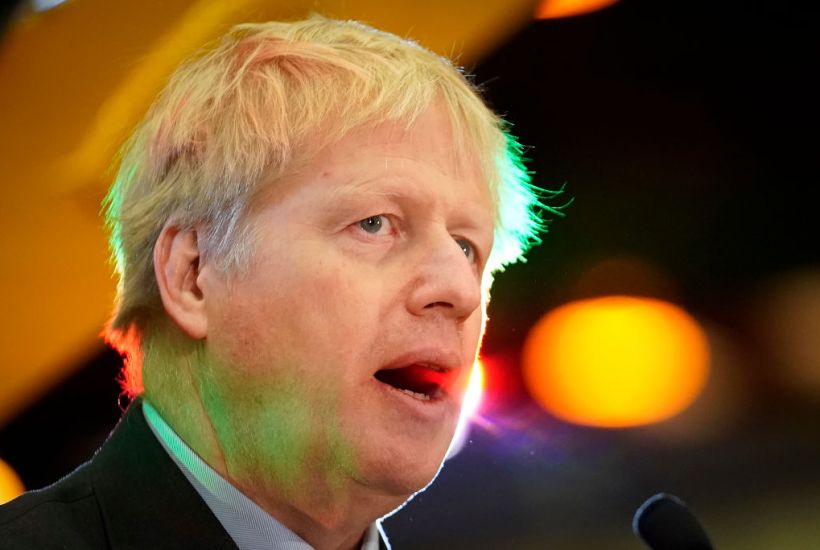

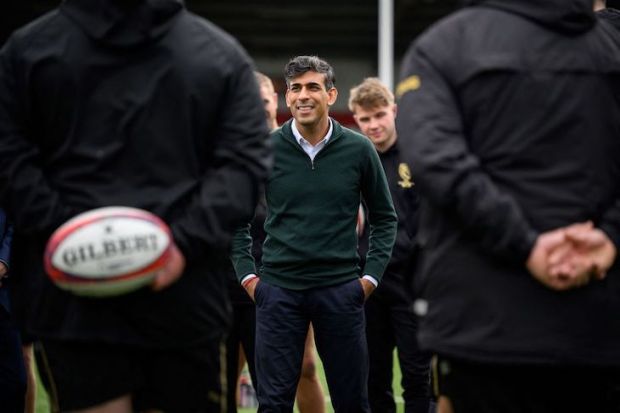
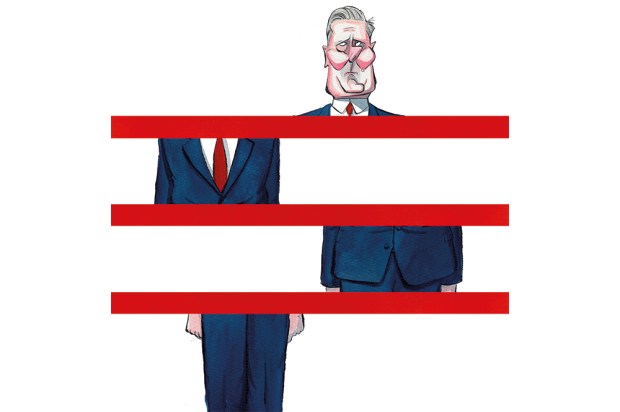


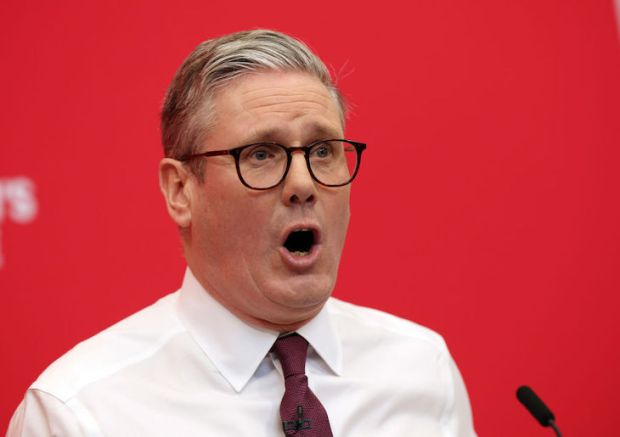










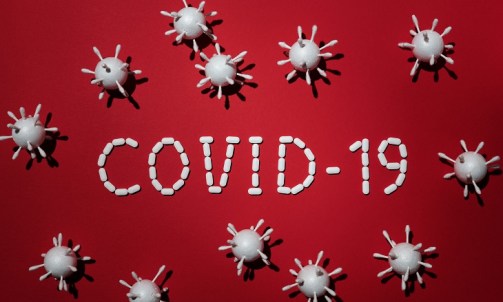

Comments
Don't miss out
Join the conversation with other Spectator Australia readers. Subscribe to leave a comment.
SUBSCRIBEAlready a subscriber? Log in